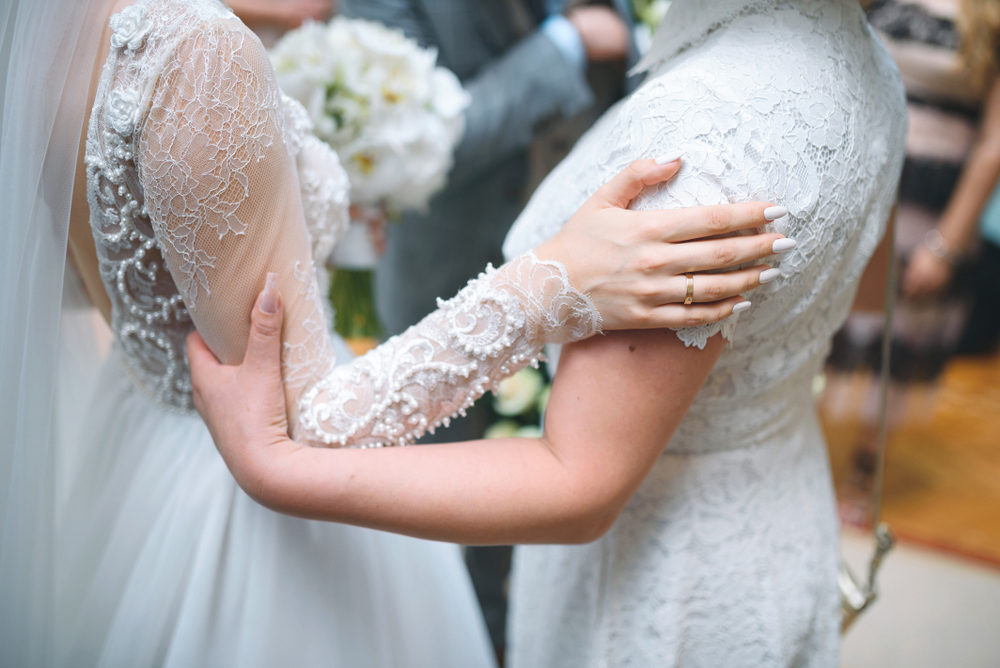This week the law in England and Wales has changed to allow mothers of brides and grooms in England and Wales to be added to marriage certificates. Previously, only the names of fathers were included on the certificates. England and Wales are now in line with practices in the rest of the UK.
Marriages will also now be recorded electronically. The government has said this will speed up the process and remove the need for any details to be extracted from hard copies.
These changes are some of the biggest procedural changes to marriage since 1837.
In light of this news, we have written a blog setting out the legal requirements for two people to marry. If you are thinking about getting married, and possibly thinking about whether a nuptial agreement is for you, we have an experienced team who can talk you through everything you need to consider. This blog is based on the law in England and Wales and details the requirements for marriage.
Who can get married?
Opposite sex couples and same sex couples can marry in England and Wales. Opposite sex couples can marry in a religious or civil ceremony, while same sex couples can only get married in a religious ceremony if the religious organisation has agreed to marry same sex couples.
Couples can get married if both parties are 16 years or over. Both parties also must be free to marry. This means that either they have never been married, they are divorced, or they are widowed.
If one or both parties of the couple are 16 or 17, they will need to consent of each parent with parental responsibility and any legal guardian to get married.
Who cannot get married?
There are restrictions on which relatives are not allowed to marry.
Relations who cannot marry:
- Parents and children (including adoptive parent/child relationship)
- Brothers and sisters (including half-brother or half-sister)
- Uncles/aunts and nephews/nieces (including half-relations)
- Grandparents and grandchildren
If any of the above relatives do marry, it will be automatically void, even if they did not know.
Certain step-relatives are also barred from marriage. If you need advice on this matter, Sears Tooth have an experienced team who can help.
Pre-Nuptial Agreements
Pre-nuptial agreements is a legal agreement made between a couple before their marriage takes place. Usually, these agreements establish how assets will be divided if they were to separate or divorce at a later stage. Sometime, pre-nuptial agreements may include details about how a couple will arrange their finances during the marriage.
Pre-nuptial agreements can be useful because they can limit the scope for uncertainty in the event of a breakdown of the relationship. However, they can also be confusing as they are not necessarily always binding in the eyes of the court. The court retains broad discretion to decide how assets may be divided.
If you are considering a pre-nuptial agreement, Sears Tooth has an experienced team who will be able to provide legal advice. We can assist with the drafting of a pre-nuptial agreement and explain their status.
How to get married?
Couples must give notice at their local register office that they intent to get married, or form a civil partnership. This is a signed legal statement which must be given at least 29 days before the ceremony. If couples live in different registration districts, they will need to give notice of intention to marry or form a civil partnership separately at their local register offices.
There are a number of documents couples will need to bring to the register office. For full details see ‘Marriages and civil partnerships in England and Wales: Documents you’ll need to give notice’.
For Church of England and Church in Wales weddings, couples do not need to give notice in advance but they should speak to their church about the specific requirements.
The Ceremony
Religious weddings can take place at any registered religious building. An authorised person, who may be a religious minister, must attend and sign the ‘marriage schedule’ or ‘marriage document’. You will need to check with the venue to see you need to book a registrar to attend.
Civil ceremonies can take place at registry offices and any venue approved by the local council. Stately homes and hotels are often popular choices. For civil weddings, the registrar must carry out or be present at your ceremony.
Couples must exchange vows to get married. Vows are not necessary for a civil partnership, but they can be included by choice.
At their ceremony, couples who are getting married must sign a marriage schedule or marriage document. As of May 2021, this includes the mothers of the couple, as well as the fathers. The schedule or document is then sent to the local register office where it is added to the marriage register. Married couples can then contact the office to get their marriage certificate.
_________
If you need any advice about the marriage process, Sears Tooth has an experienced team who will be able to talk you through your options. Please contact us today on enquire@searstooth.com or on +44 (0)20 7499 6699. Your enquiry will be treated in strict confidence by our experienced team.



